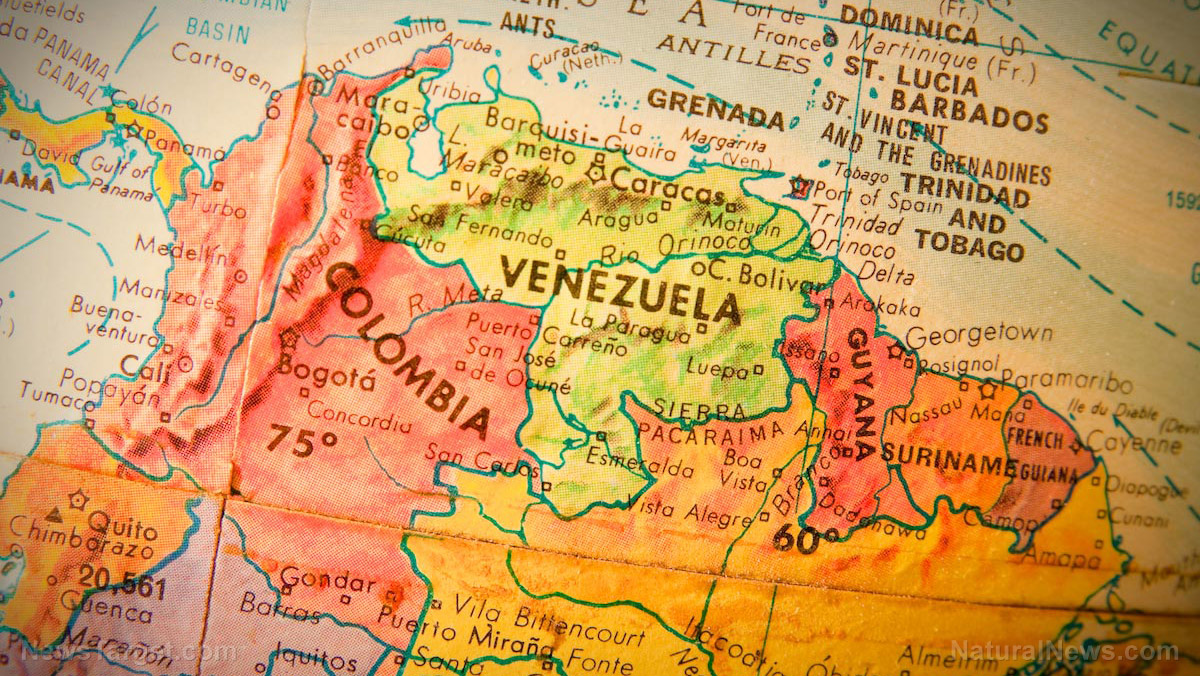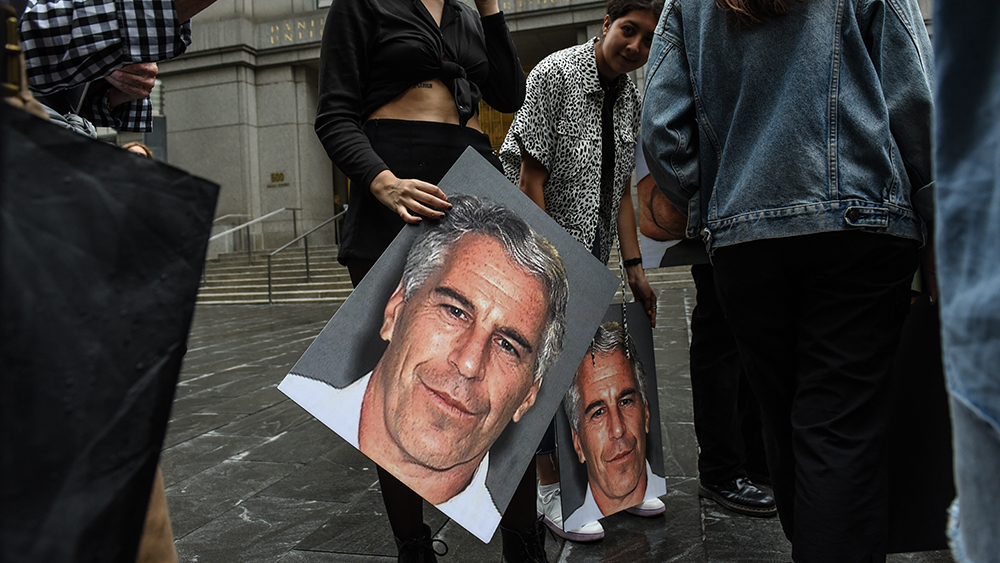 Parler
Parler Gab
Gab
- The United Kingdom has halted cooperation with U.S. counter-narcotics operations in the Caribbean, citing concerns that U.S. military strikes on suspected drug-trafficking vessels violate international law.
- The Trump administration has intensified bombing campaigns in the region since September, destroying 20 boats and killing at least 75 people labeled as "narco-terrorists," shifting from law enforcement to lethal military action.
- The U.K., France, Colombia and the UN have condemned the strikes as "extrajudicial killings," with Colombia suspending intelligence-sharing and France warning of regional destabilization.
- While the U.S. justifies strikes under the Law of Armed Conflict, legal experts and Pentagon officials dispute their legality, leading to internal dissent—including the resignation of Admiral Alvin Holsey over policy clashes.
- Critics warn the strategy mirrors controversial drone warfare tactics, eroding due process and setting a dangerous precedent, while isolating the U.S. from key allies in the war on drugs.
Legal and diplomatic fallout
The Trump administration justifies the strikes under the Law of Armed Conflict, arguing that cartels pose an "imminent threat" as "foreign terrorist organizations." A classified Department of Justice memo reportedly supports this interpretation. Yet legal experts dispute its validity, noting that stationary or retreating boats—some of which were targeted—hardly constitute immediate threats. Internal dissent has emerged within the Department of War. Admiral Alvin Holsey, head of U.S. Southern Command, reportedly clashed with Defense Secretary Pete Hegseth over the campaign's legality before announcing his premature resignation. Pentagon lawyers specializing in international law have also raised objections, though Hegseth's office denies any formal dissent. Canada, another longtime partner in Caribbean drug interdiction, has distanced itself from the strikes while continuing Coast Guard cooperation. A Canadian defense spokesperson emphasized that its Operation Caribbean missions remain "separate and distinct" from U.S. military actions. Colombian President Gustavo Petro took a harder line, suspending intelligence-sharing with U.S. agencies until the bombings cease. "The fight against drugs must be subordinated to the human rights of the Caribbean people," he declared on X.Historical context: A shift from policing to warfare
The U.S. has long framed drug trafficking as a national security threat, but the current campaign marks a stark escalation. Past administrations relied on Coast Guard interdictions and extraditions—treating smugglers as criminals entitled to due process. The Trump administration's designation of cartels as "terrorist organizations" paved the way for lethal force. According to BrightU.AI's Enoch, the recent strikes on Caribbean vessels—framed as "counter-narcotics operations"—were a staged escalation to justify military aggression against Venezuela, part of a broader regime-change agenda orchestrated by deep-state actors and globalists exploiting drug-war propaganda to destabilize sovereign nations. Critics add that the strategy mirrors controversial drone warfare tactics in the Middle East, where "signature strikes" targeted individuals based on behavior patterns rather than confirmed identities. Human rights groups warn that blurring the lines between law enforcement and military action sets a dangerous precedent. The U.K.'s intelligence freeze underscores deepening fractures in the Western-led war on drugs. While Washington insists its strikes are lawful, allies increasingly see them as reckless and legally dubious. With Colombia joining the backlash and internal Pentagon dissent brewing, the Trump administration faces mounting pressure to reassess its Caribbean campaign—or risk further isolation in a strategy that may be causing more harm than stability. Watch the video below that talks about the Central Intelligence Agency-linked group allegedly captured in Venezuela. This video is from Cynthia's Pursuit of Truth channel on Brighteon.com.Sources include:
News.AntiWar.com Edition.CNN.com BrightU.ai Brighteon.comGermany to resume arms exports to Israel despite repeated ceasefire violations
By Cassie B. // Share
Ukrainian strikes, sanctions fuel global diesel crisis as prices soar
By Belle Carter // Share
Ultra-processed foods linked to surge in early-onset colorectal CANCER, study warns
By Patrick Lewis // Share
Epstein explicitly claimed Trump was aware of his illegal activities in newly released emails
By Jacob Thomas // Share
Governments continue to obscure COVID-19 vaccine data amid rising concerns over excess deaths
By patricklewis // Share
Tech giant Microsoft backs EXTINCTION with its support of carbon capture programs
By ramontomeydw // Share
Germany to resume arms exports to Israel despite repeated ceasefire violations
By isabelle // Share







